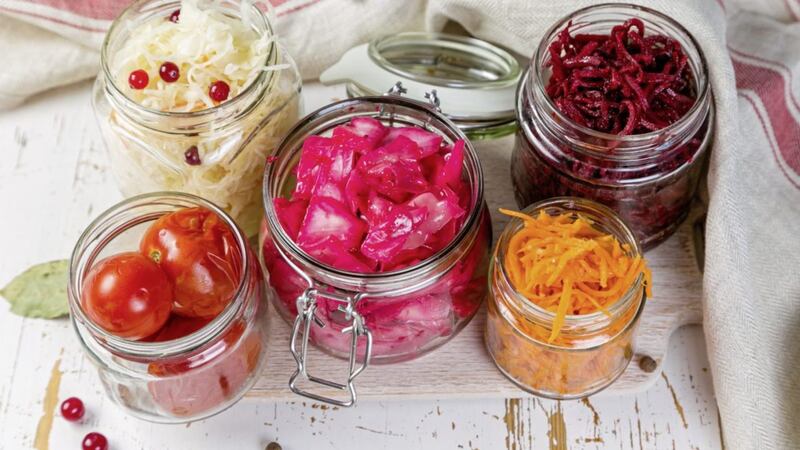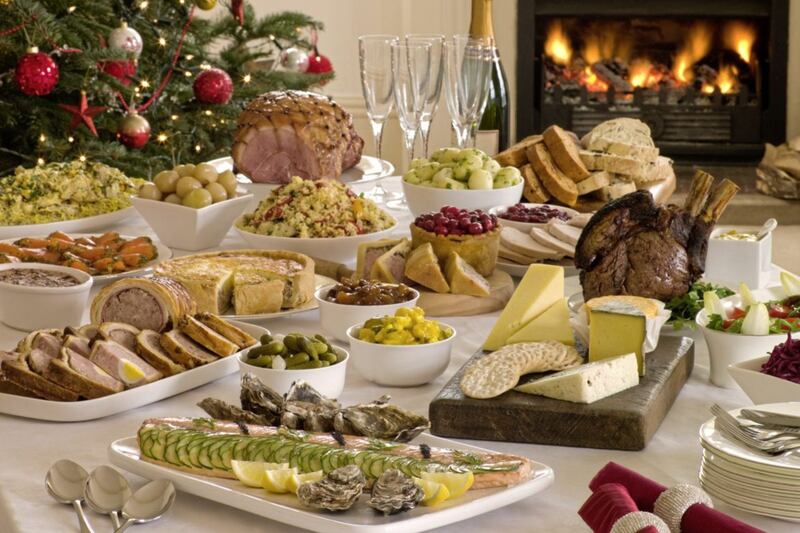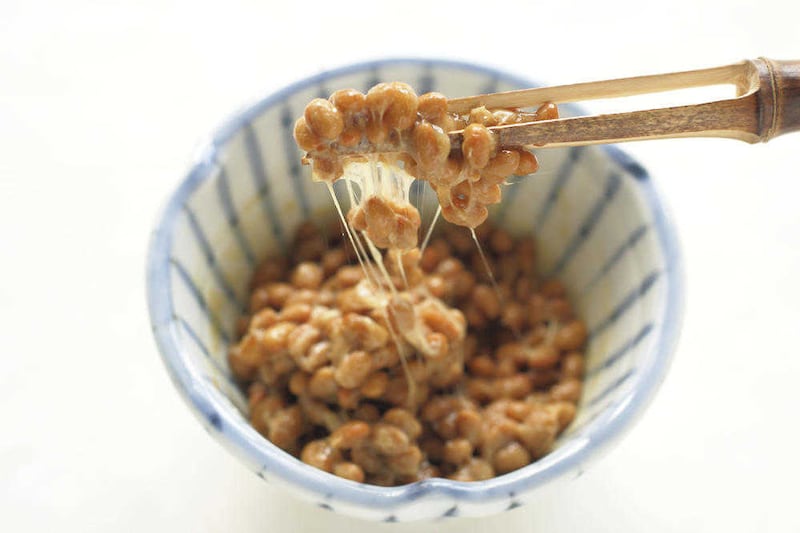GRUMBLINGS, rumblings, farts and poo. Gut health is not something we usually discuss in polite conversation, so how do you know what is normal, and what is not?
IBS is one of the most common health diagnoses, a condition thought to affect one in five. Symptoms can vary from pain and discomfort, constipation and diarrhoea, to bloating and wind.
Slow it down
Nutritional therapy for digestive support starts even before we put food in our mouths. The anticipation of food starts our mouths watering and stimulates our digestive juices and prepares the body for eating and digesting food. If we rush our meals, eat on the run and chuck whatever crappy food takes our fancy down our gullet, then our gut is likely to give out a cry for help.
Slow things down. If you tend to wolf your food and eat too quickly, try setting your knife and fork down between each mouthful. Although this will feel a bit odd to start with, you'll soon get used to eating slower and you may find that you actually enjoy savouring the food's tastes and textures.
Feed your microbes
Our digestive tract is home to between 1kg and1.5kg of bacteria. Dysbiosis, or an imbalance between healthy and unhealthy bacteria, can play havoc with digestive health, immune function and the assimilation of nutrients.
We can help the good (also known as probiotic) bacteria thrive by introducing fermented or cultured foods into our diets. Although sauerkraut, kimchi, kefir and kombucha have hit the headlines as the hot new thing in nutrition, in Ireland our native fermented food was buttermilk. Now of course this is pasteurised, so we don’t tend to get the probiotic element from it, but back in the day our grandparents and great-grandparents would have drunk a glass of buttermilk most days to help keep their bugs healthy.
If you don’t fancy trying these foods, then take a look in your local health-food store for a good quality probiotic supplement. I’m not talking about the sugar-laden probiotic drinks – have a look for ones in capsule or powder form – Optibac or Udo’s Super 8 are common brands.
Soluble fibre
Getting enough fibre is also important to help keep your good bugs happy, although this can pose a problem for lots of people with IBS. Some people fare better eating cooked foods instead of raw, so soups instead of salads and stews instead of stir-fries.
When we think of fibre, we tend to think of roughage and foods like bran or wholegrains. This is insoluble fibre that works a bit like a yard brush to help clear things out. The other type – found in fruit, vegetables, brown rice, flaxseed and oats –is soluble fibre. This can help soften the stool and tends to be a little more gentle on our digestive tract. That’s why your granny fed you prunes when you are constipated. Getting more vegetables into your diet is never a bad idea but root veg like carrots, parsnips, sweet potatoes and beetroot might be a little more gentle than greens if your IBS is playing up.
Drink up
Keep well hydrated and drink enough water to help keep things moving. Some people like herbal teas like peppermint or fennel, both of which have potential benefits for digestion.
Lifestyle factors
IBS can be successfully managed through dietary changes but for lots of people, there is a big link with stress, so effective stress management techniques like mindfulness can be effective. Regular exercise is also important to help keep digestion regular.
TIP OF THE WEEK: Slow it down – take time to chew your food well. If you eat too quickly try setting your cutlery down between each mouthful.
www.vital-nutrition.co.uk
facebook @vitalnutrition1





